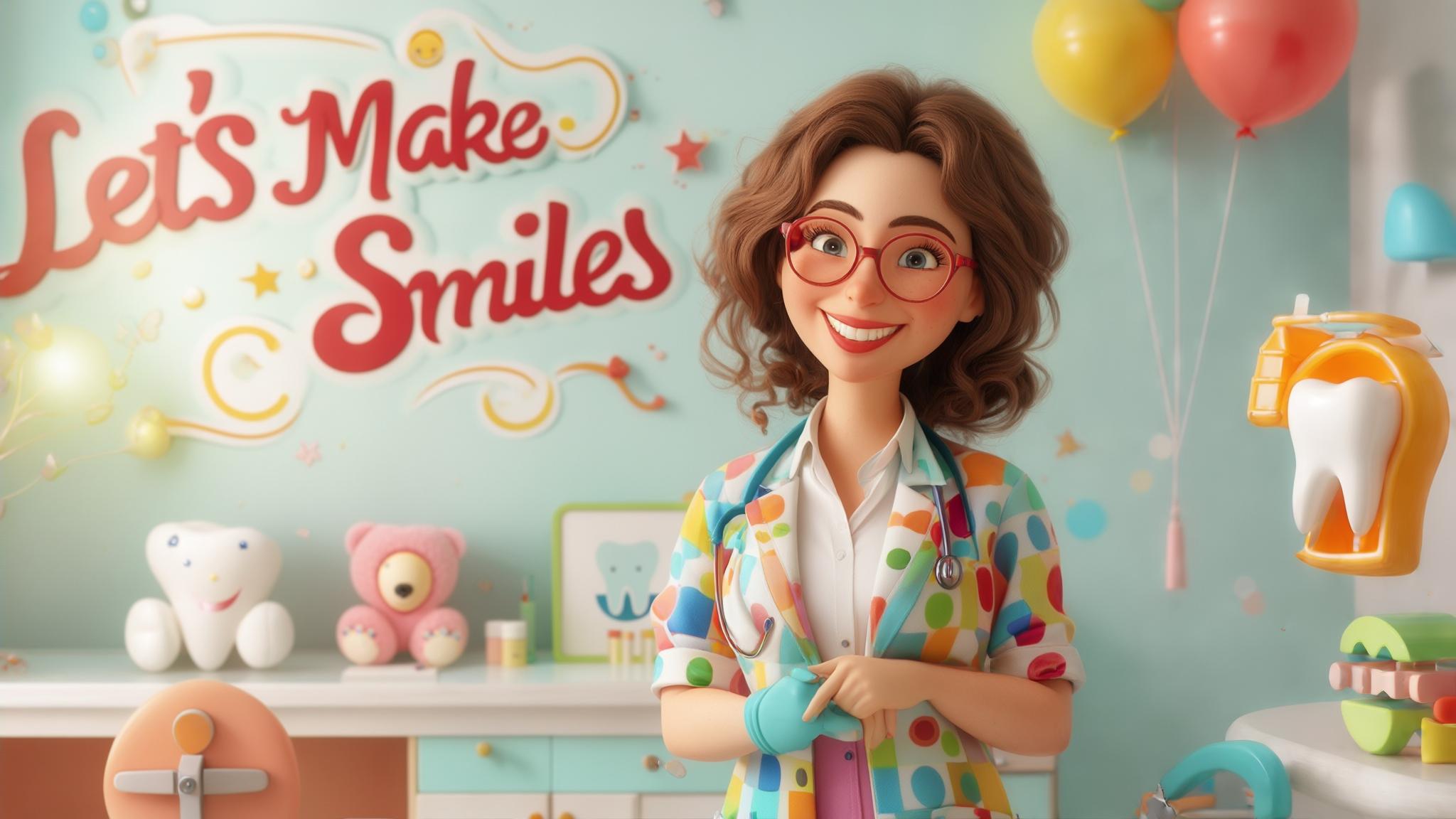Importance of Early Dental Visits
Starting dental visits early is crucial for your child’s oral health. The American Academy of Pediatric Dentistry recommends that children see a dentist by their first birthday or within six months after their first tooth erupts. Early visits help establish a dental home, making it easier for kids to adapt to dental care and preventing issues before they arise. A positive first experience can set the tone for a lifetime of healthy dental habits.
Understanding the First Dental Visit
Typical Age for a Child’s First Dental Visit
Most dental associations suggest that your child should have their first visit by age one. This may seem early, but it allows the dentist to monitor your child’s development and give you guidance on proper oral hygiene.
What to Expect During the First Visit
During this initial appointment, you can expect:
- Examination Process: The dentist will check your child’s teeth, gums, and overall mouth health. They might also discuss your child’s diet and oral hygiene habits.
- Cleaning Procedures: The dentist may do a gentle cleaning, which can include brushing and flossing your child’s teeth.
- Introduction to Dental Tools and Staff: Your child will get familiar with the dental chair, tools, and friendly staff, making future visits less intimidating.
Preparing Your Child for the Visit
Discussing the Visit in a Positive Light
Talk to your child about their upcoming dental visit in a cheerful and encouraging way. Use simple language and highlight the fun aspects. You might say, "We’re going to meet a nice dentist who will help keep your teeth shiny and strong!" This helps frame the visit as a fun adventure rather than something scary.
Role-Playing the Experience
Children often learn through play. Use toys or dolls to act out a dental visit. You can pretend to be the dentist and let your child play the patient. This role-playing can help them understand what to expect and feel more comfortable.
Reading Books or Watching Videos
Consider finding child-friendly books about visiting the dentist. Titles like "Brush, Brush, Brush!" or "The Berenstain Bears Visit the Dentist" can be great choices. Additionally, there are educational videos available that explain what happens during a dental visit in a fun and engaging way.
Addressing Common Fears and Anxieties
Identifying Common Fears in Children
Many children feel anxious about their first dental visit. Common fears include:
- Fear of the Unknown: They may not know what to expect.
- Fear of Pain or Discomfort: They might worry about getting hurt.
Strategies to Alleviate Fears
Encourage your child to ask questions about the visit. Open communication can help ease their worries. Reassure them that the dentist is there to help and that they will be gentle. You might say, "The dentist is like a superhero for your teeth! They want to keep them healthy and happy."
The Day of the Visit
Preparing the Logistics
Choose a time for the appointment when your child is usually well-rested and calm. Arriving a bit early can help reduce stress and allow your child to acclimate to the new environment.
What to Bring
Make sure to bring any necessary paperwork, such as insurance information. Also, consider bringing a comfort item like a favorite toy or blanket to help soothe your child.
Maintaining a Calm Demeanor
Children often take cues from their parents. By staying calm and positive, you can help your child feel more at ease. Use positive affirmations like, "You’re going to do great!" to encourage them.
During the Visit
Accompanying Your Child
Your presence can provide comfort and reassurance during the visit. Encourage your child to listen to the dentist and follow their instructions. This can help them feel more engaged and less anxious.
Engaging with the Dental Staff
Introduce yourself and your child to the dental staff. A friendly smile and some small talk can help break the ice. Don’t hesitate to ask questions about the procedures or tools, as this can help demystify the experience for your child.
After the Visit
Discussing the Experience
Once the visit is over, ask your child about their feelings and thoughts. Discussing the experience can help reinforce the positives and address any concerns they might have.
Celebrating the Visit
Consider rewarding your child for their bravery. Simple rewards like stickers or a small treat can make them feel proud of their accomplishment. You might also plan a fun activity to celebrate the day, like going to the park or enjoying a favorite snack.
Conclusion
A positive first dental experience is vital for your child’s lifelong attitude toward dental health. By preparing them well and continuing regular dental visits, you can help foster a sense of comfort and care around dental hygiene. Remember, every visit is a step toward a healthy future!

